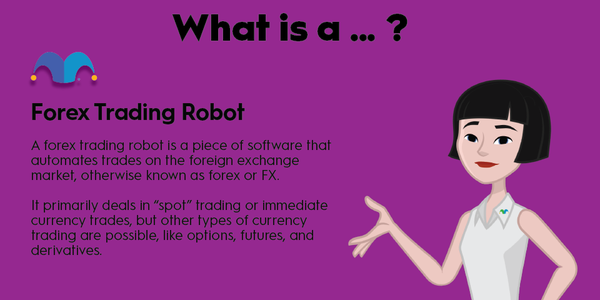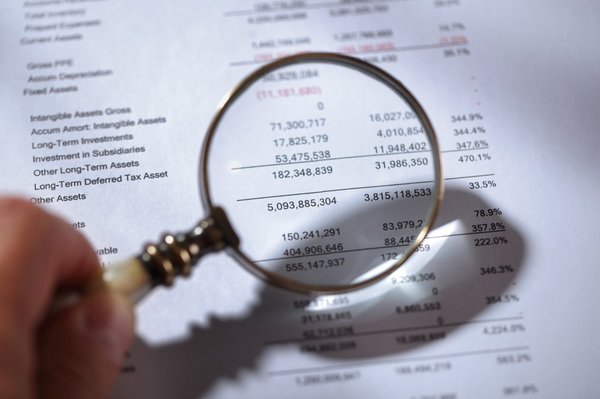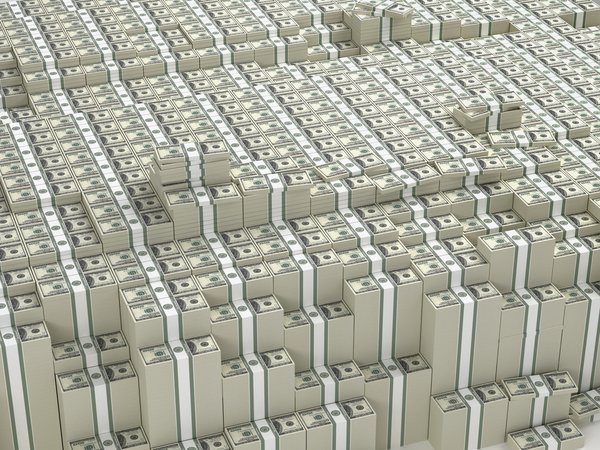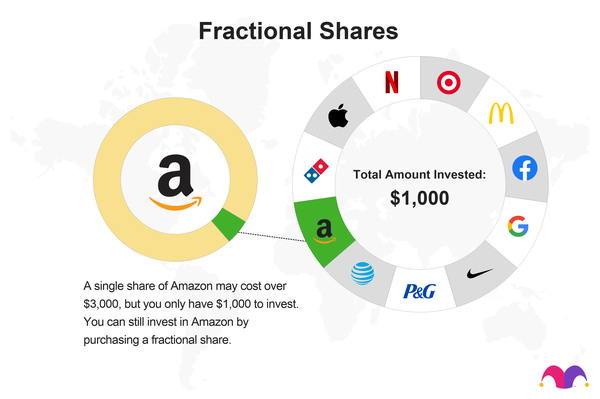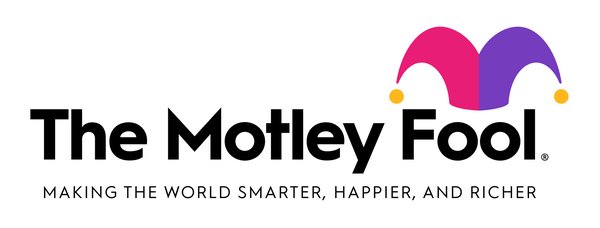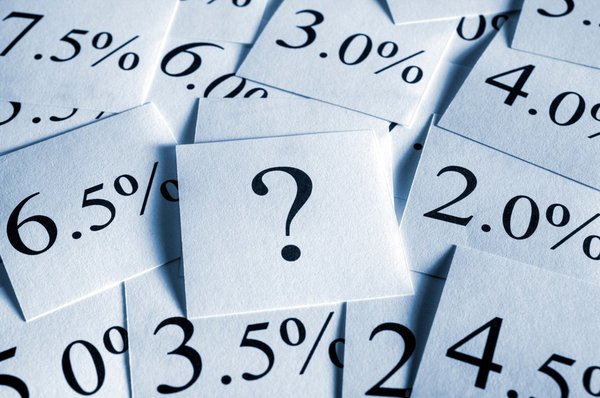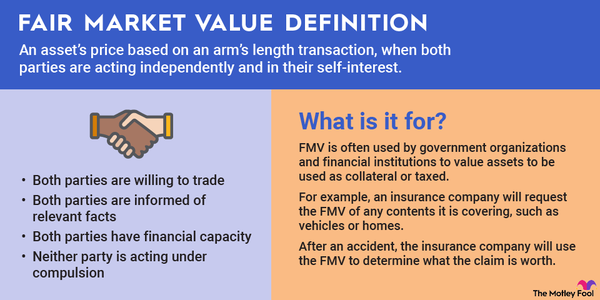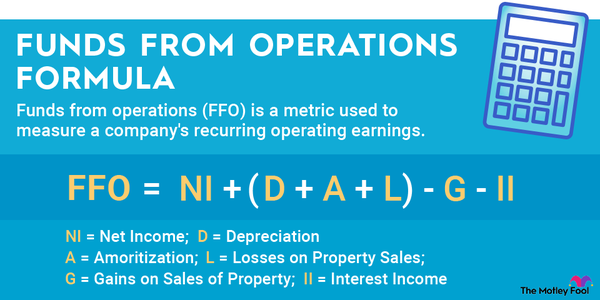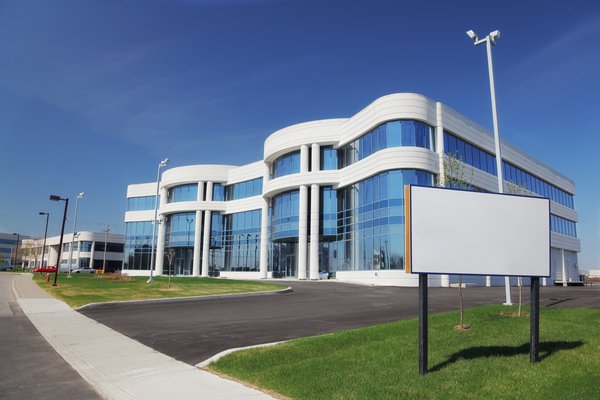When economists say, "factors of production," they refer to the four main building blocks of any good or service produced in an economy. The four factors of production are land, labor, capital, and entrepreneurship.
In a capitalist economy, these inputs are owned by private actors (either private individuals or private companies) and are valued for their wealth-generating potential. The interaction of the four factors of production allows for profitable business activities.

Understanding factors of production
When economists discuss the four factors of production, they refer to land, labor, capital, and entrepreneurship. The term was originally coined by early political economists like Adam Smith and Karl Marx. Factors of production ultimately allow for the creation of goods and services in an economy. The interaction of each factor with the others allows for wealth creation in a capitalist environment.
- Land as a factor can take many forms, from physical land (like farmland) to commercial office space. Generally speaking, land as a factor of production refers to the space needed for economic activity to take place, but it can also refer to the resources that can be extracted from a given area of land. Certain industries, like natural resource extraction and mining, would clearly rely more on land as a factor of production than others. Some technology companies, for instance, might not require any land at all to conduct business as usual.
- Labor as a factor refers to the individual effort (sometimes called "sweat equity") required to transform raw materials into finished goods. In other words, skilled labor, or human capital, is the work required to bring a product or service to market. Depending on the industry, labor is considered the primary driver of the four factors of production. Labor can refer to physical labor, like the work done by a construction worker, or it can refer to intellectual labor, like the work done by a writer, inventor, or accountant. In nearly all cases, skilled labor is seen as a key factor of production.
- Capital as a factor of production refers to the tools needed in the production process to create a work product. In certain industries, capital goods might include heavy trucks or a factory, while in others, capital goods might refer to computers or electronic equipment. Money is not a capital good in and of itself, but it does facilitate the purchase of capital goods and allows private enterprises to continue investment. Capital is known to be created by humans (or human-created machines) and is considered to have a lengthy shelf life; commonly, capital assets are depreciated on a company's books.
- Entrepreneurship is perhaps the most enigmatic factor of production. Entrepreneurship is said to tie the other three factors of production together. It involves managing land, labor, and capital; this can mean forgoing further investment in one factor to amp up another over a certain period of time. In this context, entrepreneurship refers to the wider vision for the enterprise and the management of land, labor, and capital to create a cohesive whole.
While each factor is important by itself, the real magic happens when all four factors of production interact with one another. This creates a synergy that feels as if 2+2 = 5. Be on the lookout for the factors of production at work in your everyday life, since you're bound to find them wherever you look.
The factors of production in action
The four factors of production can be seen in nearly any for-profit business, and we see them in action every day -- whether we are aware of them or not. These are the core building blocks, or inputs, to the business activity we see all the time.
As an example, take your local coffee shop. The land, in this case, refers to the physical space the shop occupies to be able to run its day-to-day business operations. The labor in a coffee shop comes from the baristas, servers, and managers, all of whom work together to operate the machines and serve customers. Capital goods might include coffee grinders, espresso machines, and other tools required to create delectable coffee drinks. Finally, the store owner -- perhaps alongside members of the management team -- might come together to form a strategic vision for the interaction of the store's factor inputs. This is the entrepreneurship piece.
Try your hand at identifying the four factors of production for a business near you or a public company. You might be surprised to find that the theory of production applies to nearly any for-profit industry; the factors of production are constantly at work in plain sight. All you have to do is look for them.
